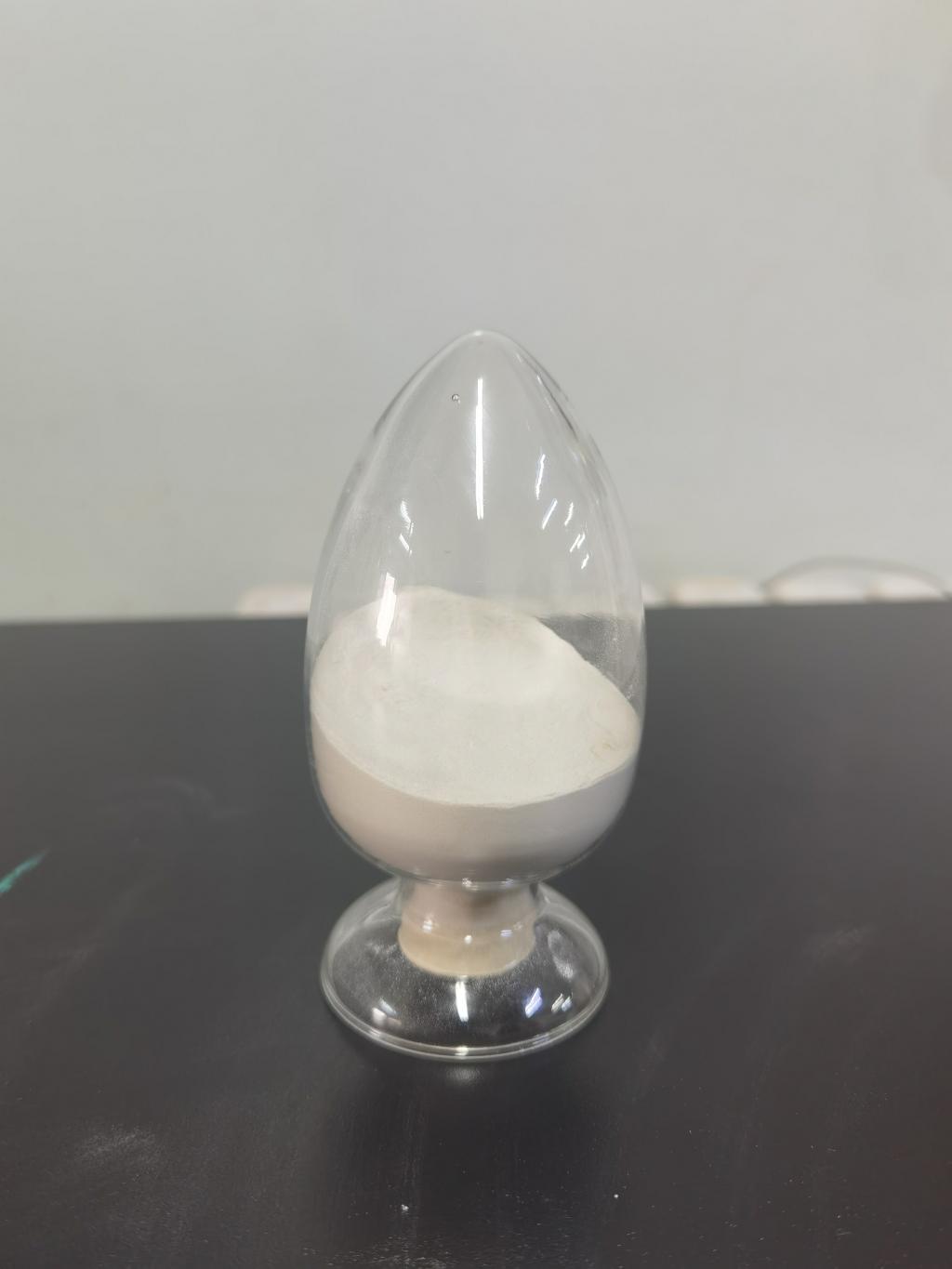Tel:0086 18231198596

News
Nisin in oral care products.
TIME:2024-05-15
1. Introduction:
Oral diseases, including dental caries, periodontal diseases, and oral infections, are prevalent worldwide and pose significant challenges to public health. Conventional oral care products often contain synthetic antimicrobial agents, such as chlorhexidine and triclosan, which may have adverse effects and contribute to antimicrobial resistance. Nisin, as a natural alternative, offers a safe and effective solution for maintaining oral health by targeting oral pathogens while preserving the oral microbiota's balance.
2. Mechanisms of Action:
Nisin exerts its antimicrobial activity by disrupting bacterial cell membranes through pore formation and membrane depolarization. It targets a wide range of Gram-positive bacteria commonly associated with oral diseases, including Streptococcus mutans, Porphyromonas gingivalis, and Candida albicans. Additionally, nisin's ability to inhibit biofilm formation and disrupt existing biofilms makes it particularly effective in preventing dental plaque accumulation and reducing the risk of oral infections.
3. Safety Profile:
Extensive studies have demonstrated nisin's safety for oral use, with no evidence of cytotoxicity or genotoxicity at therapeutic concentrations. Unlike synthetic antimicrobial agents, nisin is naturally derived from the food-grade bacterium Lactococcus lactis and is generally recognized as safe (GRAS) by regulatory authorities. Furthermore, nisin's low systemic absorption and rapid degradation in the gastrointestinal tract minimize the risk of systemic side effects, making it suitable for oral care products.
4. Applications in Oral Care Products:
Nisin has been incorporated into various oral care formulations, including toothpaste, mouthwash, dental floss, and chewing gum, to enhance their antimicrobial efficacy and promote oral health. In toothpaste, nisin inhibits the growth of cariogenic bacteria, reduces plaque formation, and prevents enamel demineralization, thereby contributing to the prevention of dental caries. In mouthwash and dental floss, nisin effectively controls gingivitis and periodontal diseases by targeting periodontopathogens and reducing inflammation.
5. Current Research Trends:
Recent research has focused on optimizing nisin formulations, evaluating their efficacy in clinical trials, and exploring novel delivery systems for sustained release in the oral cavity. Additionally, studies have investigated the synergistic effects of nisin with other natural antimicrobial agents, such as essential oils and plant extracts, to enhance their antimicrobial activity against oral pathogens. Moreover, advances in nanotechnology have enabled the development of nisin-loaded nanoparticles for targeted delivery to specific oral sites.
6. Challenges and Future Directions:
Despite its promising potential, several challenges need to be addressed to fully realize nisin's benefits in oral care products. These include optimizing formulation stability, addressing taste and texture issues, ensuring regulatory compliance, and educating consumers about the advantages of natural antimicrobial agents. Future research should focus on elucidating nisin's mechanisms of action in oral biofilms, conducting long-term safety studies, and exploring its applications in novel oral care technologies.
7. Conclusion:
Nisin holds great promise as a natural antimicrobial agent for improving oral health and preventing oral diseases. Its broad-spectrum antimicrobial activity, safety profile, and compatibility with oral care formulations make it an attractive ingredient in oral hygiene products. By incorporating nisin into oral care regimens, consumers can benefit from enhanced protection against oral pathogens and improved oral hygiene, paving the way for a healthier smile and overall well-being.

 CONTACT
CONTACT




